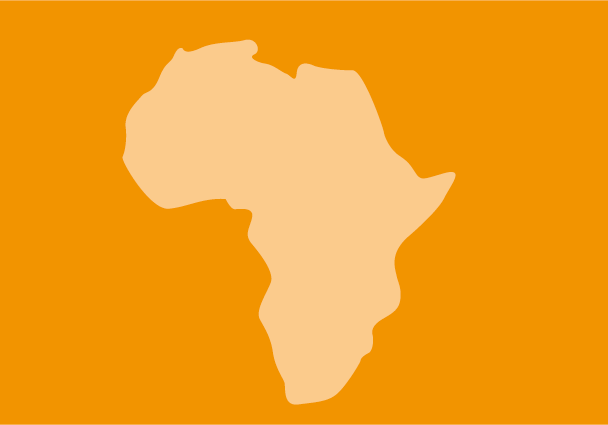The ICJ and the Observatory welcome the decision of the Magistrates Court in Harare to dismiss criminal charges of “broadcasting without a license” against the trustees of the Voice of the People (VOP) radio station.
However, the Observatory and ICJ express their ongoing concern at statements made by the Prosecution on Monday that the VOP trust may now be charged in place of the trustees.
The Court decided to dismiss the charges against the trustees, who include Arnold Tsunga, an internationally respected human rights lawyer, due to excessive delay by the Prosecution in bringing the case to trial.
The decision removes the long-standing threat of prosecution hanging over the trustees. Nonetheless, the Observatory and ICJ will continue to monitor whether the VOP trust itself is prosecuted, as the charges and related proceedings have raised serious concerns in relation to press freedom in Zimbabwe.
The ICJ and Observatory are also concerned that equipment confiscated by the police has not been returned, despite the Court’s decision to end the proceedings.
Background
In late January 2006, Mr. Arnold Tsunga, Mr. David Masunda, Mr. Millicent Phiri, Mr. Lawrence Chibwe, Mr. Nhlahla Ngwenya and Mrs. Isabella Matambanadzo, were arrested and charged with “broadcasting without a license” under section 7.1 of the Broadcasting Services Act. Mrs. Maria Nyanyiwa, Mrs. Nyasha Bosha and Mrs. Kundai Mugwanda, journalists with VOP, were also facing similar charges.
Arnold Tsunga recently received the Martin Ennals Award for Human Rights Defenders{{1}} and is the Chairman of the Zimbabwe Human Rights Association (Zimrights) and Executive Director of Zimbabwe Lawyers for Human Rights (ZLHR).
The ICJ and Observatory mandated Mr Ronald Selvan SC, a distinguished South African lawyer, to attend the hearings and to monitor whether or not the accused received a fair trial, before an independent and impartial tribunal, as required by international human rights law.
A preliminary hearing was held on 28 February 2006, at which a Magistrate decided not to accept the defence’s submission that there was insufficient evidence to send the case to full trial. On 15 June 2006, there was a short hearing during which the Prosecution argued unsuccessfully that the presiding magistrate should be replaced. The trial, however, was adjourned at the application of the Prosecution to 25 September 2006 (See joint press release of the Observatory and the International Commission of Jurists, 15 June 2006).
At the hearing on 25 September 2006, the Prosecutor sought a third adjournment of the case until 7 November 2006, arguing that the case should now be brought against VOP as a trust and that the prosecution needed time to determine whether this was possible. The Court refused to accept this argument and dismissed the criminal charges against the trustees, noting that the trial had been delayed twice already and that the State had indicated it was ready to proceed as early as January 2006 but had not done so. The Court noted that the State, if it wished, had the option of proceeding by way of summons, containing fresh criminal charges, against the VOP trust.
[[1]]. The Martin Ennals Award for Human Rights Defenders (MEA), created in 1993, is a unique collaboration among eleven of the world’s leading non-governmental human rights organisations to give protection to human rights defenders worldwide. The Jury is composed of the following: Amnesty International, Human Rights Watch, Human Rights First, FIDH, OMCT, the ICJ, Diakonie Germany, International Service for Human Rights, International Alert, Front Line, and HURIDOCS. Mr. Arnold Tsunga shares the 2006 MEA with the Iranian human rights defender Mr. Akbar Ganji.[[1]]
Zimbabwe-Voice of the People Radio-press release-2006 (text, PDF)




